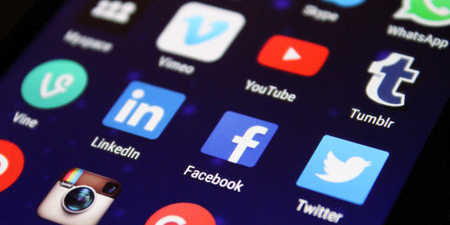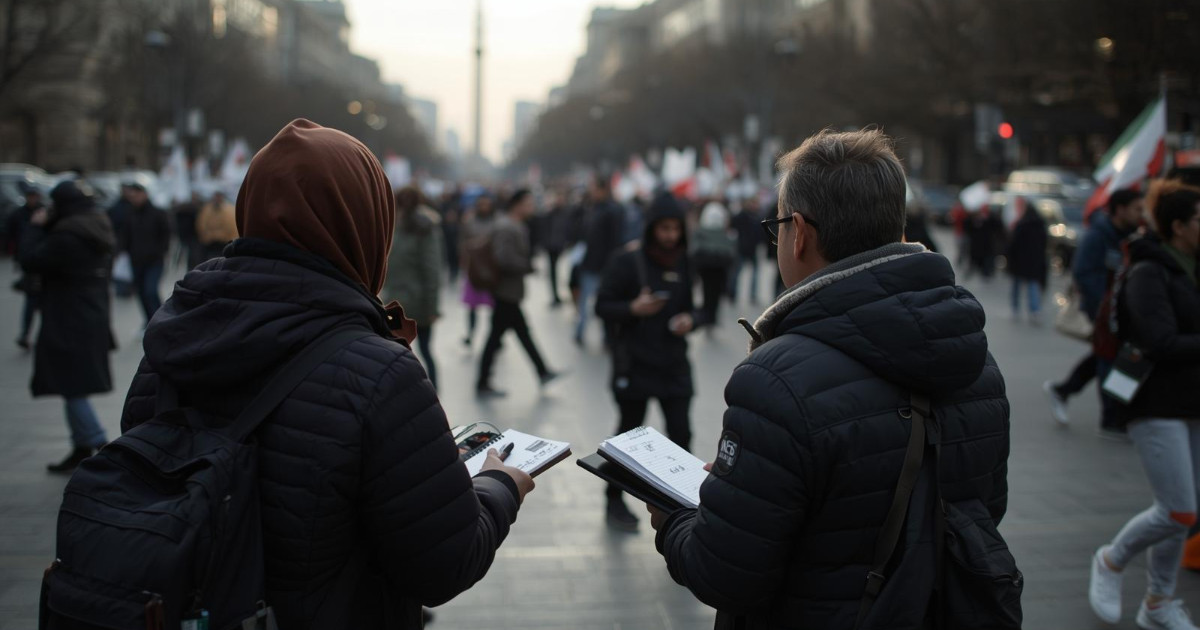IFJ, PFUJ condemn government clampdown on digital creators
JournalismPakistan.com | Published: 14 February 2020
Join our WhatsApp channel
The IFJ and PFUJ have criticized new regulations imposed by the Pakistani government on digital content creators. They argue that these measures infringe on freedom of expression and call for a review of the guidelines.Summary
The Pakistan government has hammered through strict controls to digital content creators throughout 2020. The International Federation of Journalists (IFJ) and its affiliate the Pakistan Federal Union of Journalists (PFUJ) have condemned the regulations and urged the authorities to revise the guidelines after consulting with journalists, media organizations and relevant stakeholders.
The proposed Consultation on Regulating the Web TV & Over the Top TV (OTT) Content Services was published on the PEMRA website on January 8 with a deadline for comments on the proposal due on February 14. The proposal seeks to regulate online content creators and imposes license fees of up to PKR 10,000,000 (USD 65,000). OTT content refers to content services accessible over the internet.
If passed, web TV services, producing content for entertainment, education, travel, sports purposes will be required to pay Rs5 million rupees to obtain a license. News, current affairs and OTT services will pay Rs10,000,000 (USD 65,000) or Rs 5,000,000 (USD 32,500) respectively for a license. Creators who earn money from content on Facebook, Twitter or YouTube will be required to obtain a license under the proposed regulation. Additionally, the regulation allows for the suspension of video media outlets should they violate PEMRA's code of conduct.
On January 28, Pakistan’s federal cabinet approved a separate piece of legislation without consulting media organizations. The approved Citizens Protection (Against Online Harm) Rules 2020 requires social media platforms such as YouTube, Facebook, Twitter, Tik Tok to establish offices in Pakistan. The bill empowers the national coordinator of the Ministry of Communications to fine social media companies up to Rs500,000,000 (USD 3,240,000) if a company refuses to comply with directions made by the national coordinator to remove content.
PFUJ strongly rejects the “PEMRA proposals to control the internet TV and social media and termed it tantamount to put another embargo on the freedom of speech and expression promised by the constitution for the people of Pakistan”.
“Social media should frame its own code of ethics to be implemented for positive use of the most popular social media, web TV and OTT”, PFUJ added.
The IFJ said: “The dual blow of PEMRA and Pakistan’s federal cabinet signifies a concerted attempt by the government to curtail freedom of expression. The lack of consultation over these changes with journalists and media organizations undermines the free press and the ability for media workers to carry out their jobs on a day-to-day basis. The IFJ urges the government to review the regulations in consultation with media organizations and relevant stakeholders to create an environment that will produce critical journalism and empower both workers and creators.”—IFJ media release
KEY POINTS:
- Pakistan government imposes strict controls on digital creators.
- IFJ and PFUJ condemn regulations as limiting freedom of expression.
- Proposed licenses for online content creators can reach PKR 10 million.
- New rules require social media platforms to establish offices in Pakistan.
- Cabinet's decisions lack consultation with media organizations.
























